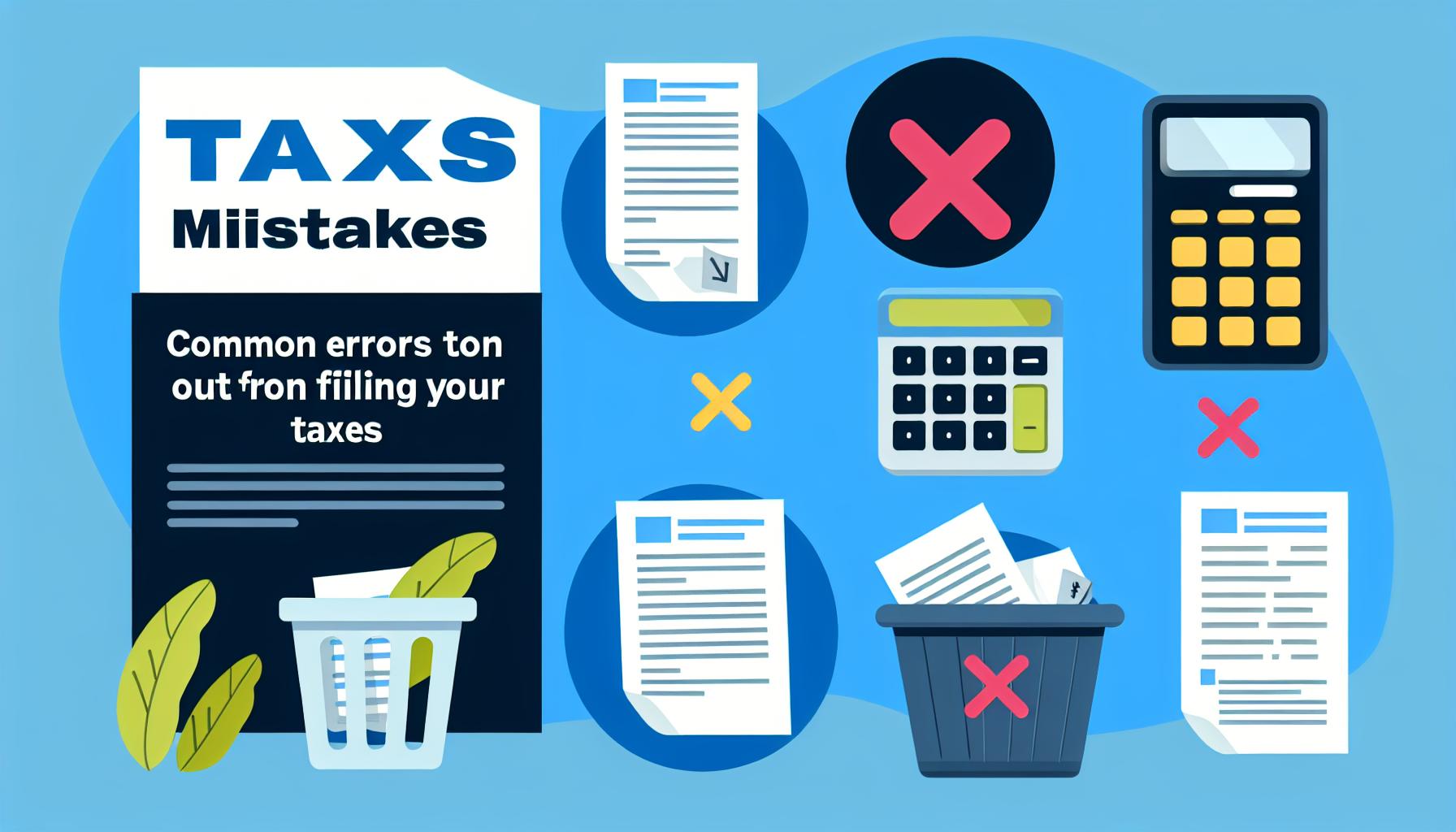Tax Mistakes to Avoid: Common Errors to Watch Out for When Filing Your Taxes As…

Tax Tips for Newlyweds: How to Navigate Joint Filing, Credits, and Deductions to Maximize Your Tax Savings
Tax Tips for Newlyweds: How to Navigate Joint Filing, Credits, and Deductions to Maximize Your Tax Savings
Getting married is a major life event that can have a significant impact on your taxes. As newlyweds, you may be wondering how to navigate joint filing, credits, and deductions to maximize your tax savings. Luckily, with a little knowledge and planning, you can make the most of your new marital status come tax time. Here are some tax tips for newlyweds to help you get started:
Joint Filing vs. Separate Filing
One of the first decisions you’ll need to make as a newlywed couple is whether to file your taxes jointly or separately. In most cases, filing jointly is the best option for married couples, as it often results in a lower tax bill. Joint filers are also eligible for a number of tax benefits that aren’t available to those who file separately, such as higher income thresholds for certain tax brackets and eligibility for tax credits like the Earned Income Tax Credit and the Child and Dependent Care Credit.
However, there are some circumstances in which filing separately may be beneficial. For example, if one spouse has significant medical expenses or miscellaneous deductions, filing separately may allow them to exceed the threshold for deductibility. It’s important to run the numbers both ways to determine which filing status will result in the lowest overall tax liability for your specific situation.
Maximizing Credits and Deductions
As a newlywed couple, you may be eligible for a variety of tax credits and deductions that can help reduce your tax bill. Some key credits and deductions to consider include:
– The Child Tax Credit: If you have children, you may be eligible for this credit, which can help offset the costs of raising a family.
– The Earned Income Tax Credit: This credit is available to low-to-moderate income taxpayers and can provide a significant financial boost.
– The Lifetime Learning Credit: If you or your spouse are furthering your education, you may be able to claim this credit for tuition and related expenses.
– The Mortgage Interest Deduction: If you own a home, you can deduct the interest you pay on your mortgage, which can result in substantial tax savings.
– The Charitable Contribution Deduction: Donating to charity can not only help those in need but also provide you with a tax deduction for your contributions.
By taking advantage of these and other credits and deductions, you can maximize your tax savings and keep more money in your pocket.
Communication Is Key
One of the most important things newlyweds can do when it comes to taxes is to communicate openly and regularly about their finances. Make sure you’re on the same page when it comes to financial goals, spending habits, and tax planning. By working together as a team, you can make informed decisions that benefit both of you come tax time.
For more tips and information on tax savings strategies, check out our blog post on Essential Tax Tips for Freelancers. You might also be interested in learning more about tax preparation, bookkeeping, and accounting services offered by A2Z Enterprises. If you need help with your taxes, please don’t hesitate to contact us.



